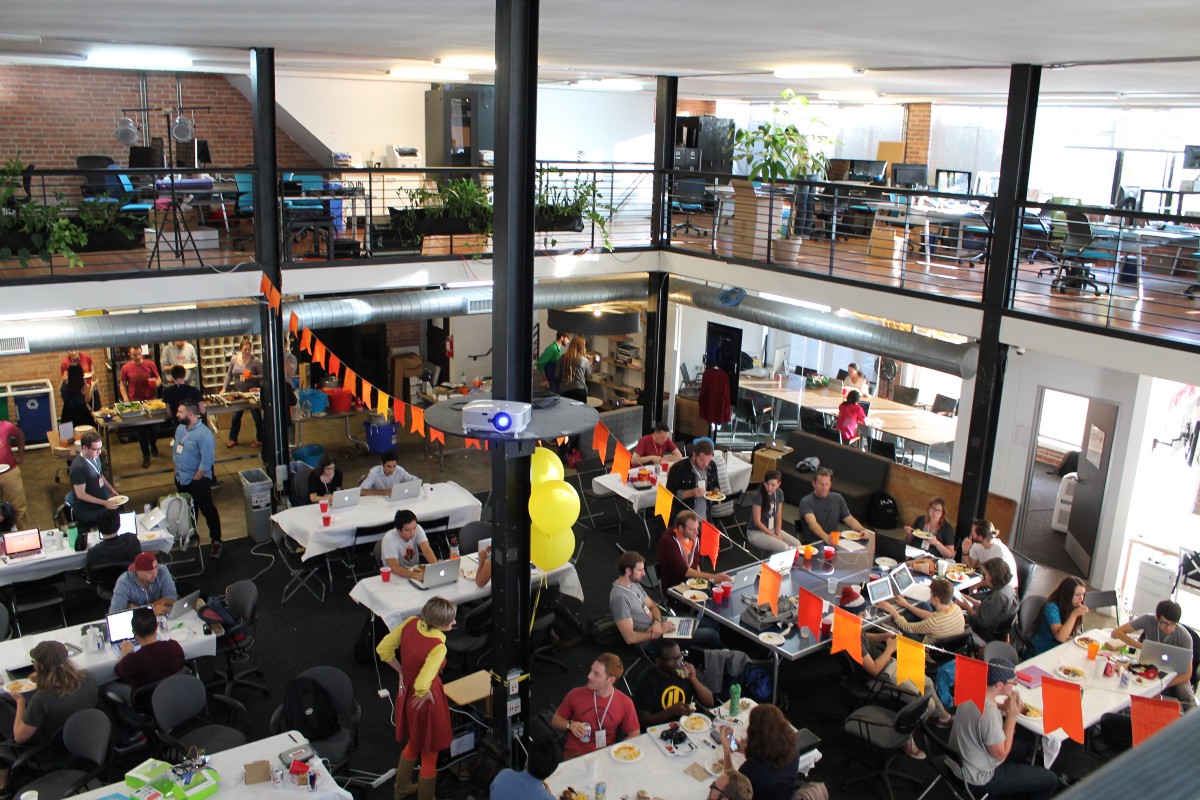This week marks the end of January. An innocuous time that represents the so-called ‘quit date’ for almost 80 per cent of the population who made new year’s resolutions. According to U.S. News, it’s the most popular time of the year for people to abandon their goals and to-do lists.
Of course, entrepreneurs — just like everyone else — have a hard time sticking to resolutions. Regardless of whether its boosting time management or just saving money, turning thought into reality can be tough. To help readers stick to their goals we’ve collected some common startup-related questions DMZ companies posed last year and paired them with the perfect advice from today’s top entrepreneurs.
Launch a successful new product
In today’s non-stop world, being first can sometimes feel like the most important thing in the world. However, putting out an inferior product is all it takes to tank a company’s reputation for good. In a 2017 Rolling Stone interview, Elon Musk confesses some of his past mistakes and what he’s learned over the years about what it takes to launch a successful product.
“Better to do something good and be late, than bad and be early.” @ElonMusk, CEO of @Tesla and @SpaceX
Advice: Make sure your product is significantly better than the competition. If it isn’t go back to the drawing board and make those necessary improvements. Tiny incremental upgrades won’t be enough to sway the marketplace. Consumers will usually choose a trusted and well-known brand over a new one. Figure out if your product is ready enough to go to market before wasting time on promoting it.
Always test your product with industry insiders who aren’t friends or family. Sometimes friends will encourage your progress without divulging their critiques. This will only hurt you in the end.
Find the right people for your team
Hiring the right talent to grow your company, especially when you’re just starting out, is hard. Startups don’t have the extended network or expertise that older companies do at their disposal. Steve Jobs, infamous for being fired from the company he once co-founded, found a way to get around this.
“It doesn’t make sense to hire smart people and then tell them what to do; we hire smart people so they can tell us what to do.” Steve Jobs, cofounder of @Apple
Advice: Entrepreneurs should look for smart people who are passionate about their role not just the most experienced in the room. It’s these people who can help further your company’s goals and are likely to put in the extra work needed in the very beginning.
Don’t neglect potential hires because their background and education differ from what the industry expects. Hire based on their ambition, skills and openness to learning on the job. For example, one of Job’s most famous hires was Debi Coleman, a 32-year-old English Lit major from Stanford. She was hired as a controller for the Macintosh project in 1981 and later became the company’s chief financial officer.
Overcome bad press and/or industry coverage
Uber isn’t out of the gates just yet, but it could serve as the perfect case study for future companies on what not to do. The ride-hailing company has been criticized for years over everything from its surge pricing to security mishaps. And even though it still has several issues it needs to address and overcome it’s now working to overturn its image. The company’s new CEO has apologized for the company’s past behaviour and on a mission to change its public image.
“We don’t have a PR problem; We have an ‘us’ problem.” @Dkhos , CEO of @Uber
Advice: When a company makes serious mistakes sometimes the best next step is to acknowledge it and start making amends. Uber did that through its public apology to London users last year. It also pledged to do better and launched a new campaign.
Address the issues that created big mistakes. Uber did this by removing its founder Travis Kalanick and implementing a new board. While firing an entire group of people may seem a little extreme, the lesson here is to make sure the problem never happens again.









